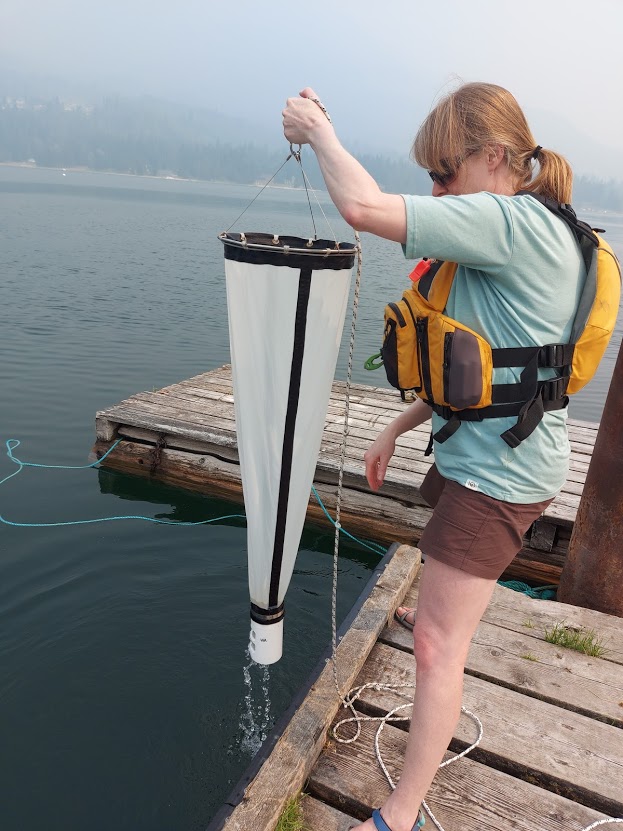A group that fights invasive species says local rivers and lakes remained free of zebra and quagga mussels in 2021.
The Central Kootenay Invasive Species Society says it collected 267 samples from nine waterbodies in the region as part of the province’s mussel lake monitoring program. The samples were then sent to a provincial lab for analysis. All of the samples came back negative.
The efforts are part of the B.C. Invasive Mussel Defence Program, whose goal is to prevent the introduction of zebra and quagga mussels into BC The program began in 2015 and consists of watercraft inspection stations, an outreach program, and lake monitoring.
Zebra and quagga are two freshwater invasive species that are originally from the Baltic Sea. They were introduced to North America’s Great Lakes in the 1980s via ballast water of international shipping vessels. They have since spread throughout Ontario, Quebec, Manitoba, and 24 American states.
According to the society, early detection of these mussels is critical because they have negative impacts on biodiversity, water quality, recreation, fisheries, species at risk, and infrastructure such as hydropower facilities and municipal water supplies.
The society says the negative results report is welcome news considering that in 2021 they were alerted that live invasive zebra mussels had been found in shipments of aquarium moss balls sold at pet stores in BC and other western provinces and states.
The BC Conservation Officer Service contacted over 1,100 pet stores and seized more than 9,000 moss balls to prevent their sale.
The overland movement of uncleaned watercraft and related equipment is the No. 1 way that zebra and quagga mussels spread to a new waterbody. The small mussels attach to hard surfaces, like boat hulls, and can survive for several weeks out of water.
In addition, the free-swimming larvae of the mussels can survive for weeks in standing water in a boat’s bilge, ballast, wells, or engine compartments. For this reason, the B.C. Invasive Mussel Defence Program coordinated nine water craft inspection stations along major transportation corridors throughout the province from mid-May to late October 2021, including one near Yahk. It is mandatory for all watercraft to stop at these stations to be inspected for the presence of zebra and quagga mussels.
The society says it would only take one contaminated boat to start a new infestation. Suspected invasive mussels should be reported immediately to the Conservation Officer Service’s Report All Poachers and Polluters: 1-877-952-7277 (RAPP).
In addition, all watercraft owners should follow Clean, Drain, Dry protocol when traveling between waterbodies to prevent the spread of aquatic invasive species. Aquarium owners are urged never to dump the contents of their aquariums into natural waterways or drains.







